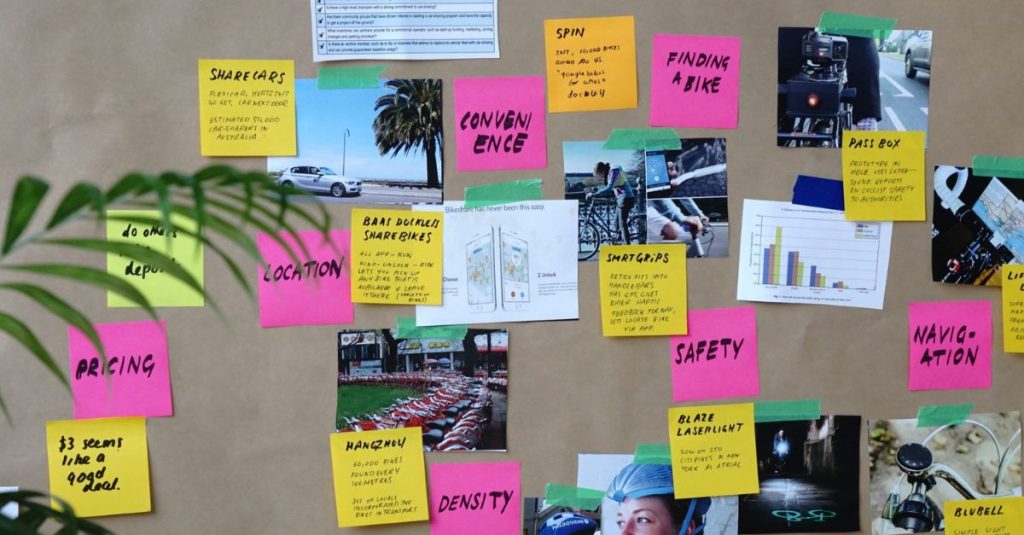Applying virtual events best practices is vitally important to ensure a successful virtual event. We know that virtual events have numerous advantages, such as massive cost savings, scalability and environmental sustainability, to name but a few.
We’ll show you some critical virtual events best practices to fully benefit you and your organization from your virtual events.
1-Set your virtual event goals upfront
You aren’t hosting an event just to bring people together. You need to understand and quantify your goals before beginning to plan your virtual event. Some goals might be obvious, such as selling a certain number of products to your attendees. In contrast, others might be more difficult to quantify. Goals such as educating your audience on a particular subject matter, or having a certain number of sponsors paying a certain fee. Whatever your virtual event goals, you need to set them upfront to know what you’re aiming to achieve with your event.
2-Select a reputable virtual events platform
The best way to achieve your virtual event goals is to use a virtual events platform that has the necessary functionality to allow you to do what is necessary to achieve those goals.
The SCOOCS virtual events platform has a reputation for excellence. This is why we have clients such as Samsung, Lufthansa, and numerous universities across the globe. In addition, the SCOOCS virtual events platform allows you to cater to the needs of your attendees, sponsors, and speakers. Features such as virtual networking, virtual sponsor booths. Engagement such as Q and A sessions, quizzes, and surveys make this possible.
Choosing a virtual events platform with the features you need is a crucial virtual events best practices.
3-Plan your event thoroughly
Planning the different components of your virtual event is essential. The various production aspects need to be considered. How long the sessions will be, who the speakers will be, and what content they will deliver.
- Thoroughly briefing the speakers to ensure they deliver a good experience for the attendees. Examples of this are setting strict guidelines in terms of the backgrounds that appear behind the speakers. Speakers having the minimum internet speeds, and a backup internet connection is vital too.
- Planning exactly how to keep your participant engaged and interactive during the event is essential. Engagement will determine whether your attendees enjoy the event, whether they will recommend your events to others, whether they attend future events. Ultimately whether they even attend your event from start to finish.
- Sponsors are a significant source of revenue for any virtual event. Planning how to increase the benefits for your sponsors is crucial. In addition, planning how to maximize the interaction between sponsors and attendees as well as how to give sponsors promotional opportunities is key.
- Deciding the roles and responsibilities of the different members of your team and ensuring that they are adequately trained is another crucial aspect of proper virtual event planning. For instance, moderators of live chat need to become familiar with the technology. Likewise, the master of ceremonies needs to understand what’s required, who needs to resolve any technical issues, and so forth.
- Planning for any potential issues and troubleshooting is essential. This is to ensure that there is a plan B for any eventuality and to make sure that nothing derails a fantastic virtual event.
Virtual events allow you to scale because you can attract attendees from around the globe in large numbers. Planning the promotion of your virtual event gives you the best chance of attracting the most significant number of participants. The number of attendees plays a big part in whether your virtual event is a success. Therefore, planning the promotion of your event is another important virtual event best practice. Inspire yourself with some of our case studies!

4- Virtual events best practices: plan your virtual event content
The content presented at your virtual event is a big drawcard to attendees. Therefore, it’s essential to adhere to certain best practices. For example, mapping out the content sessions to have the most engaging speakers, delivering the best content for the ideal duration. In addition, consider when is best for Q and A sessions, networking sessions, product launches, sponsor features, and scheduled chats. The timing of these needs to consider when the attendees will be most engaged.
Presenters need to be fully briefed. This is so that the content is delivered in an engaging way and the transition between speakers happens seamlessly.
5- Virtual events best practices: understand your virtual event data
The data that you obtain when hosting a virtual event is mind-blowing. Therefore, understanding what data you can obtain pre-event, during, and post-event from a platform such as SCOOCS is definitely one of the most critical virtual events best practices. This is so that you can use the data in the best possible way to ensure the success of this event, and other virtual events in the future.
If you want to learn other virtual events best practices, watch the recordings of the SCOOCS Forum 2021 and access the best tips from amazing event organizers!




